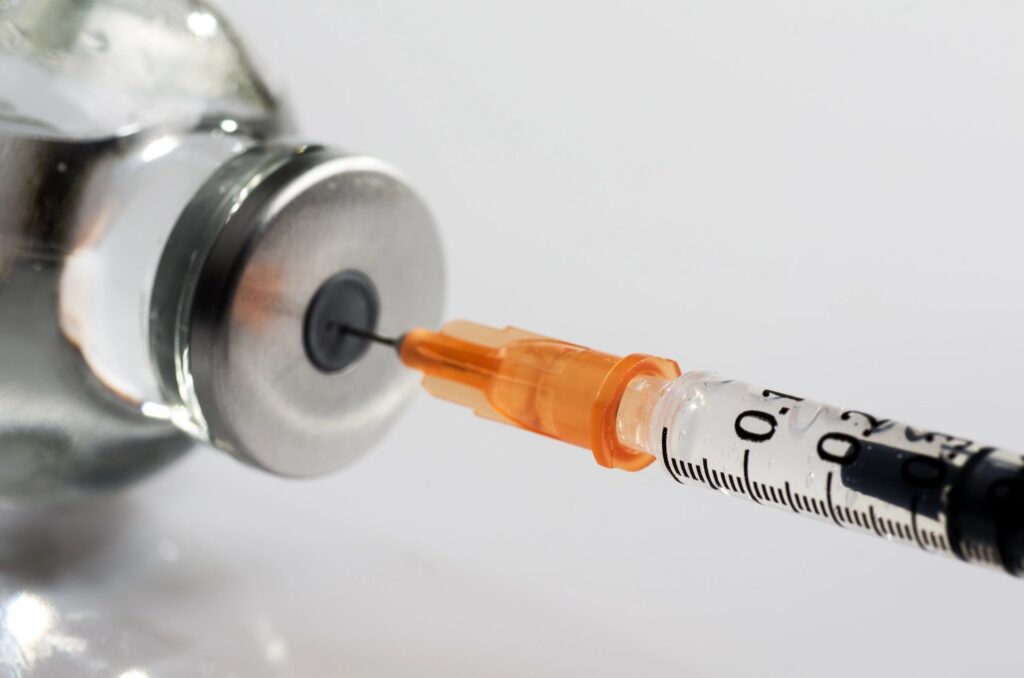New Alternative to Insulin Shot Being Tested
Some good news is on the horizon for those struggling with Type 2 diabetes. The FDA is moving closer towards the release of a new orally delivered insulin method. This revolutionary drug is expected to reshape diabetic treatment, as it makes insulin more easily accessible to a wide variety of people. Oramed Pharmaceuticals is the company responsible for this medical breakthrough, and Progressive Medical Research will be conducting trials locally throughout the state of Florida.
Dr. Alexander White of Progressive Medical Research has taken the time to talk to us about this new drug. “In Type 2 diabetes, people will typically have weight gain and insulin resistance,” Dr. White explains. “The body is not functioning at its optimal level of performance, so you end up with a lot of potential problems, such as cardiovascular decline, and all the negative side effects that go along with obesity.” Treatment for Type 2 diabetes often involves monitoring one’s blood glucose levels by pricking a finger and measuring their blood glucose. Diabetics follow their sugar closely in order to make adjustments to their diet and medication.
Once a patient is on insulin, they must get used to the changes that brings to their life. Insulin must be properly stored and carried with the patient. Day-to-day activities can become challenging, to say nothing of travel or other occasional plans. Diabetes can also cause end-organ damage, so if damage has been done to the eyes or kidneys, for example, then that must also be dealt with.
Up until the last ten or fifteen years, insulin was the main treatment for Type 2 diabetes, along with sulfonylureas. Metformin came along in the ‘90s, which added a new treatment option by not just lowering the blood sugar but also improving the way the body handles sugar. Over the last ten years or so there has been an increased interest in exploring a class of drugs known as the SGLT2 inhibitors. These medications are orally administered and work at the level of the kidneys. Glucose is eliminated in the urine, reducing the amount of circulating glucose that the body has to handle.
Another class of drugs that has been showing positive results is the incretins. The GLP 1 receptor agonists work by mimicking the pancreas’ ability to produce insulin. In some cases, the beta cells within the pancreas that make insulin are being regenerated. The newer drugs for diabetes tend to be disease-modifying, which makes a big difference for some patients, but not all.
Insulins tend to be expensive, and need to be refrigerated, plus a fear of needles is common. These factors make insulin a less than perfect solution to the sugar problem. With injectable insulin, there is a high incidence of hypoglycemia, or low blood sugar. That carries the risk of cardiovascular issues. Finding an oral alternative has long been a goal of researchers.
The new oral medication by Oramed is the same type of insulin conventionally used, but it is encapsulated in such a way as to be absorbed in the part of the intestine which will feed it into the hepatic vein, where insulin is normally produced and distributed throughout the body. It tends to not have the same hypoglycemic effect that results from injecting insulin. In addition to increasing the safety and comfort of insulin treatment, effective oral treatment would reduce waste in terms of needles that must be used, resulting in less environmental impact and cost savings for the consumer.
“This particular study that we’re doing will be looking at dose ranges,” says Dr. White of the topic of Progressive Medical Research’s investigations. “They know it works, they know it is safe to this point, they’ve done the research in the different phases. Now they’re looking at different dose ranges.” He continues, “We’re also looking at efficacy, of course. You want to make sure if you’re taking something for diabetes, that it’s working, so we’ll be doing blood sugar monitoring and meal tolerance tests.”
Taking part in a trial such as this is often a great opportunity for patients. They may receive more detail-oriented care than they would at a primary care physician. Also, it can benefit patients to have that sort of support as they are attempting to make lifestyle changes. When this drug finally does hit the market, Dr. White expects it to be very popular. This current trial is phase 2B, so the medication is still several years from FDA approval.
Type 2 diabetes generally strikes later in life, but it can make a significant impact on an individual’s life. When diet and exercise changes aren’t sufficient to alter the amount of insulin in the bloodstream, then it is time for medication. Oramed CEO Nadav Kidron is optimistic about the impact a new oral insulin would have on patients.
“An oral insulin treatment would potentially revolutionize the way we treat diabetics, because it would enable us to treat, with insulin, at a much earlier point, and because of the delivery method of the insulin, it would go directly into the liver, so it’s a much more physiological way of delivering insulin.”
This is going to be an exciting development in the treatment of diabetics, and has the potential to radically alter the way diabetics manage their disease.
by TERESA SCHIFFER
